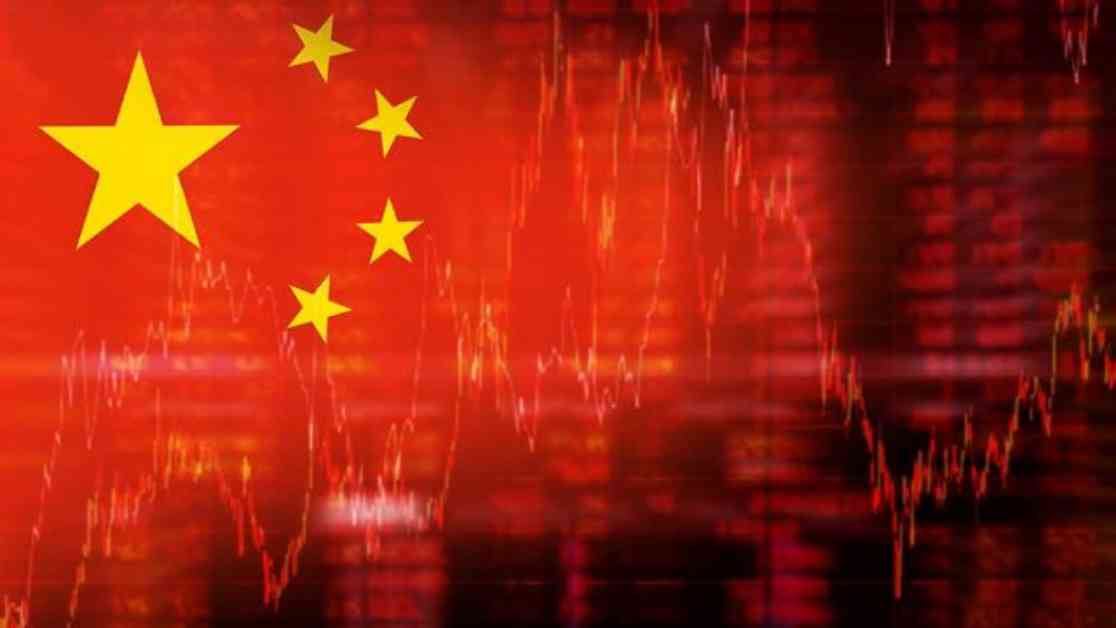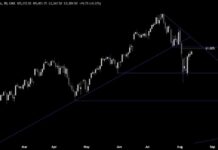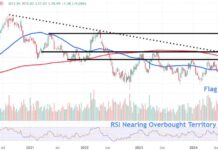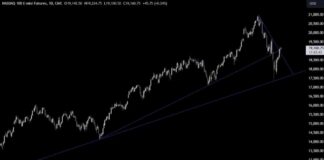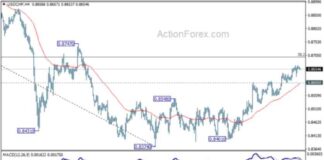Investing in China ETFs used to be a popular choice when the economy was booming. However, with China’s economy slowing down, things are not looking as promising as before.
This year, the top 10 China ETFs, including the largest one, iShares MSCI China ETF (MCHI), have seen an average decrease of 2.2%. This is a stark comparison to the S&P 500, which has seen an increase of approximately 15% during the same period.
The trouble for China ETFs started to become more noticeable in mid-May, primarily due to concerns about disappointing economic growth. Since May 15, the iShares MSCI China ETF has dropped by 10%, while the S&P 500 has only gone up by 3%. The escalating risk of tariffs and a looming trade war between the US and China have only added to the uncertainty.
Analysts attribute the challenges facing China ETFs to various factors, including poor stock performance, a looming property debt crisis, slow recovery from Covid-19 restrictions, and escalating trade tensions between the US and China. Additionally, the upcoming presidential election in November is adding another layer of uncertainty for investors.
One of the main reasons for the underwhelming returns from China ETFs is the fading GDP growth. Data released in July revealed that China’s economy only grew by 4.7% in the second quarter, falling short of the government’s 5% annual growth target. The sluggish growth, coupled with a housing slump and deflation caused by cautious consumers, has contributed to the lackluster performance of China ETFs.
Despite efforts to boost exports, concerns remain over how long this trend can be sustained, especially with the rise of protectionist global trade policies. Furthermore, slowing imports are raising fears of weaker domestic demand, further impacting China ETFs.
Even with significant investments in technology stocks like Alibaba Group, China ETFs have struggled to gain momentum. Alibaba’s shares have declined by nearly 2% this year and 6% since mid-May. Investors are now reallocating their funds away from China-focused ETFs and towards emerging markets excluding China to mitigate risks and uncertainties.
For now, many investors are adopting a cautious approach towards China ETFs, waiting for more clarity on key issues such as the US election outcome and potential tariffs. The future of China ETFs remains uncertain, with many investors opting to stay on the sidelines until a clearer picture emerges.
In conclusion, the challenges facing China ETFs are a reflection of the broader economic uncertainties and geopolitical tensions affecting the country. Investors are advised to proceed with caution and stay informed about the evolving situation to make sound investment decisions.
